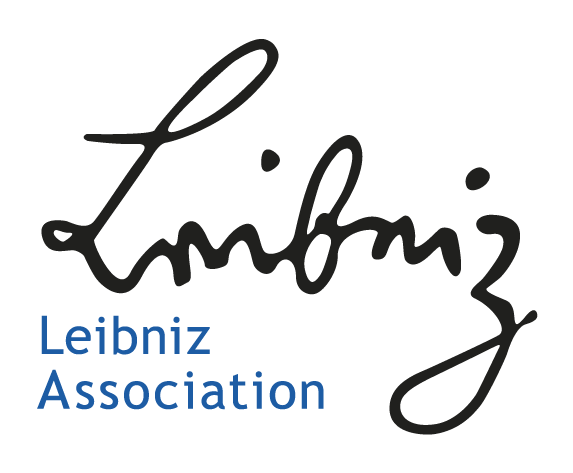Glucocorticoids are stress hormones that regulate energy metabolism and are in widespread clinical use to limit inflammation, despite their metabolic side effects. Glucocorticoids act via nuclear receptors, in particular the glucocorticoid receptor GR, a ligand-induced transcription factor.
For a long time, the reduction of cytokine expression and induction of gluconeogenetic enzymes were considered the main molecular mechanisms of GR function in immune modulation and regulating energy metabolism, respectively. Now evidence is emerging that GR is at the crossroads of extrinsic and intrinsic immunometabolism.
In his talk, Jan Tuckermann will present examples of how GR in immune cells regulates fundamental energy metabolism during fasting and obesity and how GR impacts on cellular metabolism to induce anti-inflammatory activity in cells. Finally, Jan Tuckermann will report on a novel cytoplasmic function of the GR that inhibits the activity of oncogenic Ras. These novel actions open up opportunities for new therapeutic concepts to tackle the metabolic and inflammatory diseases associated with the aging process.
Jan Tuckermann is a Professor of General Zoology and Endocrinology at Ulm University and Director of the University’s Institute of Comparative Molecular Endocrinology (CME). At CME Tuckermann and his colleagues investigate the hormonal control mechanisms in stress, environmental and aging-related diseases. Prior to his professorship at Ulm University Tuckerman led the research group “Tissue-specific Hormone Activity” at FLI.
Title of the talk: Noncanonical Roles of the Glucocorticoid Receptor in Immunometabolism and Beyond
When: Thursday, November 11, 2022, 4 p.m.
Where: Seminar room „Nucleus“, main building (FLI 1), Beutenbergstraße 11, Jena
Host: Christoph Englert (Group Leader: Molecular Genetics)
The seminar will take place as a hybrid event. Online access information will be shared prior to the seminar. For external guests: Please email Ivonne.Roeppnack-Jahnke@~@leibniz-fli.de for details.









